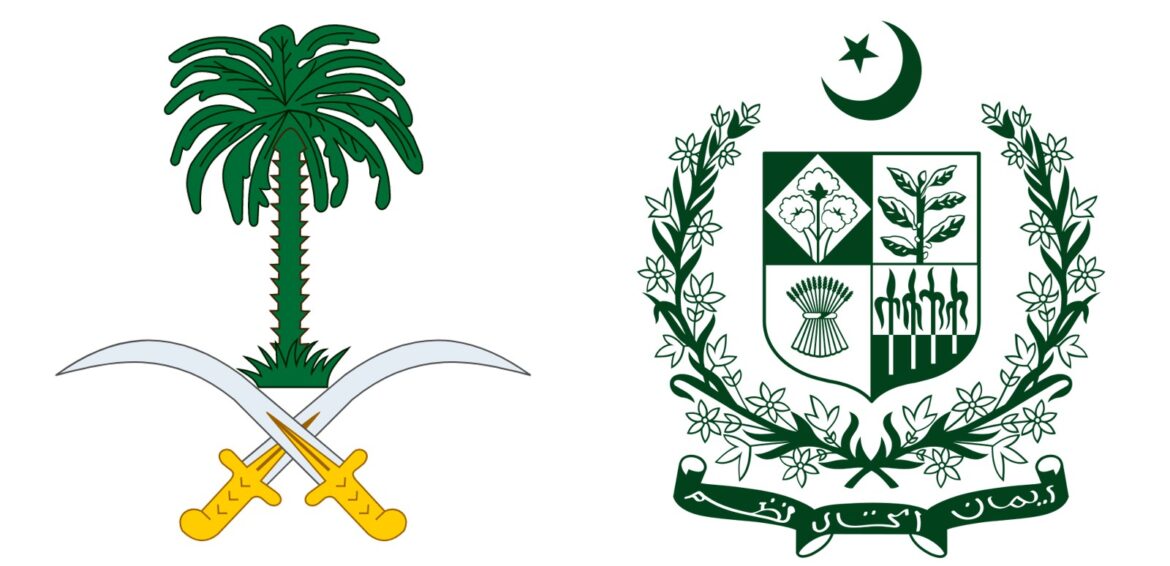By Staff Reporter
ISLAMABAD: Pakistan is in talks with Saudi Arabia and the United Arab Emirates to secure additional oil and financial assistance to shore up its foreign exchange reserves ahead of a crucial IMF review and prepare for a general election next month.
The country has requested a $1 billion Saudi oil facility on deferred payment for 2024, after a similar arrangement expired in December, according to sources who spoke on condition of anonymity. The oil facility allows Pakistan to import oil from Saudi Arabia on deferred payment for a year, easing the pressure on its balance of payments.
Pakistan is also seeking a rollover of $2 billion in deposits from the UAE that are due to mature this month. The UAE had deposited $3 billion with the State Bank of Pakistan (SBP) in 2022 to help the country cope with a balance of payments crisis.
The government has written to the UAE authorities, requesting a rollover of the loan that is due to mature this month. Of the $3 billion loan, $1 billion will mature on January 17, 2024, and another $1 billion on January 23. The interest rates are 3 percent and 6.5 percent, respectively, for the two deposits.
The negotiations come as Pakistan awaits the approval of a $700 million tranche from the International Monetary Fund’s board, which is expected to consider the country’s performance review on Thursday.
Pakistan entered a $3 billion standby arrangement with the IMF in July last year, after its previous $6 billion bailout program was suspended amid differences on fiscal and monetary targets.
The oil and cash support from the Gulf allies are likely to help Pakistan ease its balance-of-payments pressure and boost its reserves ahead of the Feb. 8 vote, which will be held under a caretaker government led by Prime Minister Anwaar-ul-Haq Kakar.
Pakistan has maintained close ties with Saudi Arabia and the UAE, which are among its largest trading partners and sources of remittances. The two Arab states have rescued the country a number of times previously as well.
Pakistan has relied on external debt and loan rollovers to shore up its dwindling official foreign exchange reserves, which stood at $8.221 billion as of Dec. 29. The country’s foreign exchange reserves rose to a more than five-month high by the end of December but are still below the level required to cover three months of imports.
Pakistan needs external financing to service its $24.8 billion debt obligations this year, including $13 billion in rollovers and refinancing, according to the IMF.
Copyright © 2021 Independent Pakistan | All rights reserved




